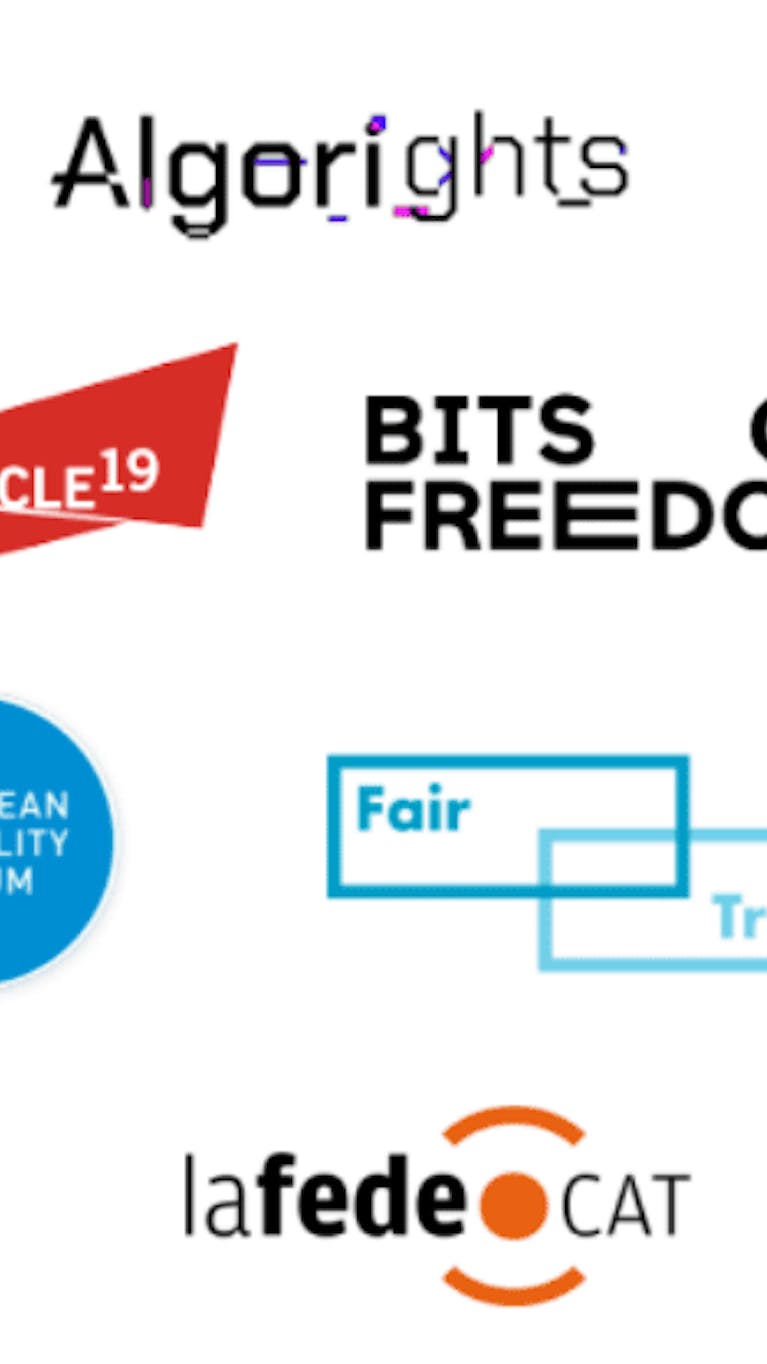
EU’s AI Act fails to set gold standard for human rights
For the last three years, we have worked in coalition as a broad range of digital, human rights and social justice groups to demand that artificial intelligence (AI) works for people, prioritising the protection of fundamental human rights. We have put forward our collective vision for an approach where “human-centric” is not just a buzzword, where people on the move are treated with dignity, and where lawmakers are bold enough to draw red lines against unacceptable uses of AI systems.
Following a gruelling negotiation process, EU institutions are expected to conclusively adopt the final AI Act in April 2024. But while they celebrate, we take a much more critical stance, highlighting the many missed opportunities to make sure that our rights to privacy, equality, non-discrimination, the presumption of innocence and many other rights and freedoms are protected when it comes to AI. Here’s our round-up of how the final law fares against our collective demands.
Please note that this analysis is based on the latest available version of the AI Act text, dated 6 March 2024. There may still be small changes made before the law’s final adoption.